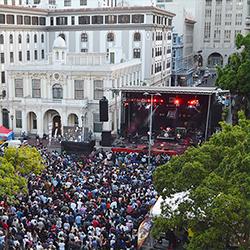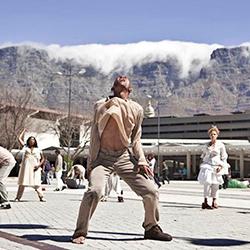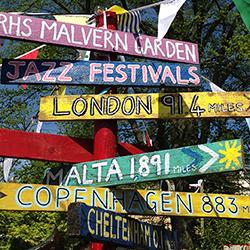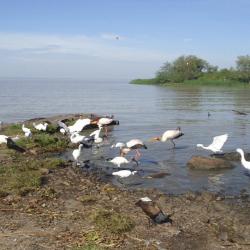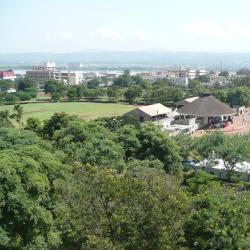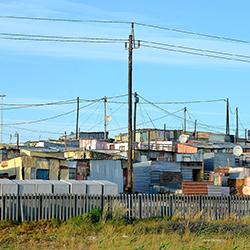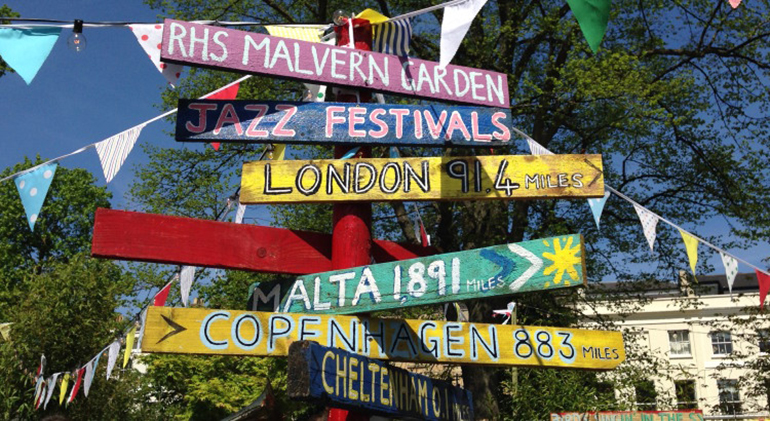
CHIME
CHIME is a ground-breaking transnational research project and partly a collaboration between Mistra Urban Futures’ Gothenburg and Grater Manchester platforms.
The project is led by an experienced cross-disciplinary team, which explores how changing relationships between music, festivals and cultural heritage sites renegotiate established understandings and uses of heritage. CHIME examines music both through cultural heritage and as cultural heritage. The project will undertake a sonic refiguring of the urban and rural landscape and feeds directly into issues linked to conservation and use, cultural tourism, sustainability, urban regeneration and community engagement. The focus is on music and heritage sites, and particularly jazz festivals, which is used as a lens for broader societal concerns.
There are three workpackages planned for the project as a whole:
WP1: Improvising heritage: jazz, festivals and heritage sites;
WP2: Marketising heritage: jazz in urban spaces;
WP3: Sounding heritage: jazz festival landscapes in the Netherlands.
The research carried out by the Manchester-situated part, WP1, is exploring the relationship between cultural heritage, sustainability and local development. Through working with festivals and Associated Partners, CHIME will examine the way in which festivals and related heritage sites engage with these issues as well as promote cross-generational interaction and understanding. Ultimately, the research will lead to new research-based knowledge and policy recommendations that will promote sustainable strategies for managing cultural heritage and understanding the uses and re-uses of different kinds of heritage.
Another part of the project, WP2 in Gothenburg, employs a consumption research approach to the study of festivals, examining the way in which festivals are valued both culturally and economically within heritage settings. The research studies some examples of jazz festivals in Gothenburg, and the reason they undergo fundamental changes. The current examples present a timely opportunity for research investigation, not only exploring questions of why festivals fail and succeed, but also in being able to measure the impact, value and changing market positions of jazz festivals when they are tied to heritage sites. The movement from the disbanding of one festival to the creation of two festivals in heritage locations, under the banner of jazz but with different aims, provides a fascinating set of circumstances for studying the uses and re-uses of heritage through cultural events and the meanings that jazz festivals hold for people when placed in heritage settings.
WP3 will look at jazz festivals at heritage sites in the Netherlands, with a focus on festivals that specifically take place in the different cultural landscapes, and built rural and urban environments which, to the Dutch, are an important factor in shaping national identity. Jazz events in the Netherlands are notable for their engagement with heritage locations, ranging from the Jazz Night at 700-year old Hoensbroek Castle in Limburg (33rd edition) to the problematic alignment between jazz and the subcultural heritage of Amsterdam's Red Light District for Red Light Jazz, launched in 2014.
Whilst individual work packages have a designated programme of work, CHIME will synthesise findings and encourage transnational and cross-disciplinary working throughout the duration of the project.
Members of the project working groups are:
Project leader is Tony Whyton, Salford University. Co-Investigators and leaders for one WP each, are Professor Helene Brembeck, Professor of Ethnology and Director of Center for Consumer Science at the University of Gothenburg, and Professor Walter van de Leur Professor of Jazz and Improvised Music at the University of Amsterdam.
Also working within this project are Nicholas Gebhardt, Associate Professor in Popular Music and Media at Birmingham City University, Niklas Hansson, researcher at Center for Consumer Science at the University of Gothenburg, Merja Liimatainen, research assistant at the Center for Consumer Science at the University of Gothenburg, George McKay, Professor of Media Studies at the University of East Anglia, Beth Perry, Director of UPRISE/Sustainable Urban and Regional Futures (SURF) at the University of Salford, Loes Rusch post-doctoral researcher at the University of Amsterdam and Birmingham City University, and Marline Lisette Wilders, post-doctoral researcher at the University of Amsterdam.
At http://chimeproject.eu/ you find the project’s webpage.
